Human Rights Commission Pursues Legal Action Against Renaldo Gouws
The South African Human Rights Commission (SAHRC) has officially initiated legal proceedings against suspended Democratic Alliance (DA) Member of Parliament (MP) Renaldo Gouws in the Equality Court in Gqeberha. This significant move follows the resurfacing of a deeply controversial video from 2010, where Gouws allegedly made inflammatory and racially charged remarks. The video, which drew immediate and widespread denunciation on social media, features Gouws using exceedingly offensive and derogatory language. Specifically, he is accused of inciting violence against black individuals, a serious allegation that strikes at the core of South Africa’s long and painful history of racial discrimination.
Context and Reactions
The Democratic Alliance, under significant pressure from various quarters, swiftly suspended Gouws on Thursday morning pending an internal investigation. The DA's action underscores the gravity with which it views these allegations and its commitment to maintaining the principles of human dignity, equality, and non-discrimination. These are values that the party, like many others in South Africa, publicly espouses and to which it holds its representatives accountable.
The SAHRC’s decision to take this matter to the Equality Court is based on multiple complaints lodged by concerned social media users. These individuals urged the commission to act, arguing that Gouws’ statements unequivocally constituted hate speech and harassment under the Promotion of Equality and Prevention of Unfair Discrimination Act. After a comprehensive review, the SAHRC concurred, deeming the statements not just derogatory but a potential incitement to violence and a breach of human rights.

Legal Framework and Responsibilities
Under the South African Human Rights Commission Act, the SAHRC holds the power to initiate legal proceedings in matters where human rights violations are alleged. Its mandate encompasses the protection and promotion of human rights across the diverse spectrum of South African society. By taking Gouws to court, the commission aims to reinforce the legal and moral boundaries regarding hate speech and underscore the importance of maintaining respectful and non-discriminatory public discourse.
Gouws' Position and Political Implications
Renaldo Gouws, as an MP, occupies a position of significant influence and responsibility. Members of Parliament are entrusted with upholding the values enshrined in the South African constitution, including human dignity, equality, and non-discrimination. Given this, the allegations against Gouws are particularly severe, not only because of the nature of the comments but also because of his role as a public representative. His actions, therefore, do not just reflect on him individually but also have broader implications for the public’s trust in their elected officials and institutions.
The DA’s swift suspension of Gouws is a tactical move to mitigate further damage, signaling to the public and its supporters that such behavior will not be tolerated within the party ranks. However, the internal investigation will be closely watched, with many awaiting the outcome to see if it aligns with the party's public stance on issues of race and equality.
The Accusations and Community Response
The specific contents of the 2010 video have not only reignited debates on race relations in South Africa but have also sparked a broader conversation on accountability for public figures. Gouws’ alleged comments calling for the killing of black people have caused outrage and have been condemned by numerous human rights organizations. The public response has been largely unified in calling for serious repercussions, emphasizing that hate speech, especially from those in power, is unacceptable in a society that values respect and diversity.
In contrast, some supporters of Gouws argue that the video is old and that it may not reflect his current views or the context in which the comments were made. However, for many, the time elapsed does not diminish the severity of the statements made, nor does it alleviate the perceived threat such language holds in the South African context.
The Role of the Equality Court
The Equality Court, a specialized court established under South African law, focuses on cases involving discrimination and violations of human rights. It plays a crucial role in maintaining the legal standards set out in the Promotion of Equality and Prevention of Unfair Discrimination Act. By bringing the case against Gouws to the Equality Court, the SAHRC is leveraging this judicial platform to seek both justice and a public reaffirmation of the values that underpin South Africa’s democratic framework.
If the allegations against Gouws are proven, the consequences could be significant, not just for him personally but also for broader political and social dynamics. The court’s findings could set a precedent, reinforcing the non-negotiable nature of human rights and anti-discrimination laws, especially for those in public office.
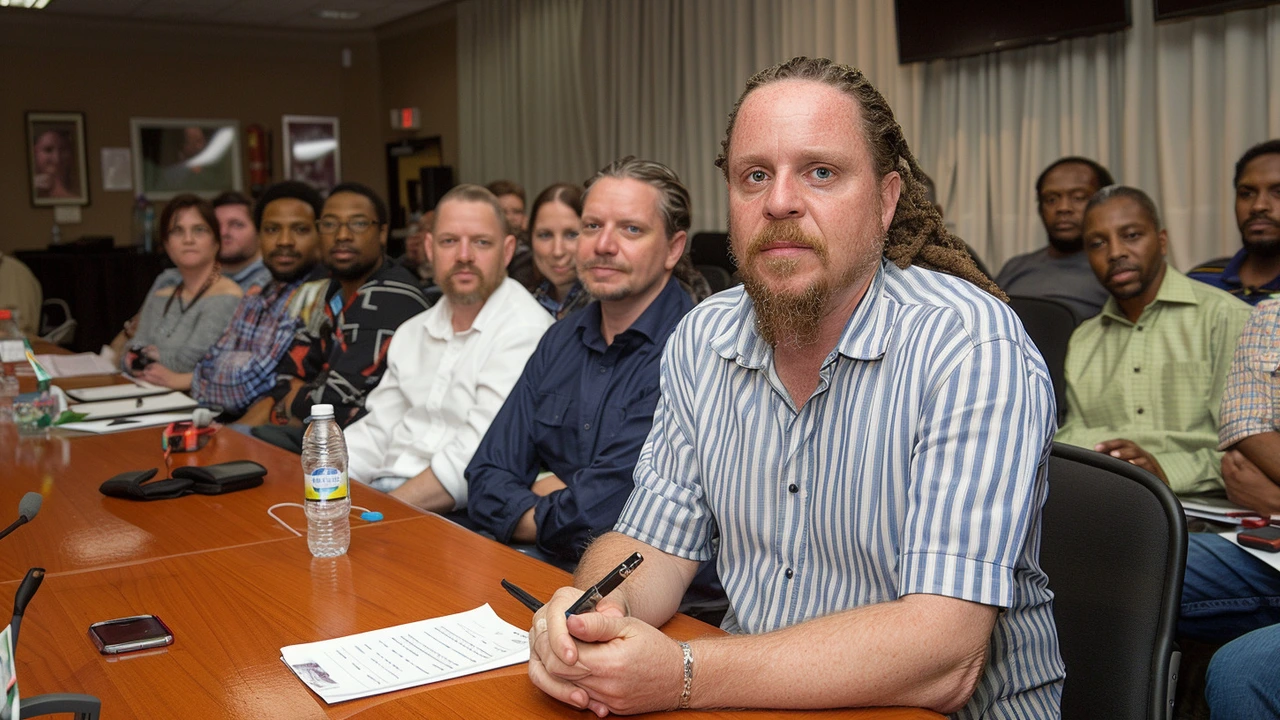
Public Expectations and Future Implications
As the legal process unfolds, there will be heightened public interest and scrutiny on both the proceedings and the DA’s internal handling of the matter. The outcome of the Equality Court case will be pivotal in determining Gouws’ future and will likely influence public discourse on race relations and political accountability in South Africa. Moreover, it will test the robustness of South Africa’s legal mechanisms in addressing and penalizing hate speech.
In these sensitive times, the response of political leaders and institutions to allegations of racism and hate speech is critical in shaping the nation’s journey toward a truly inclusive and respectful society. The actions taken by bodies like the SAHRC and the Equality Court will serve as a litmus test for the country’s commitment to upholding human rights and ensuring that such values are more than just words on paper but are actively enforced principles.
Charting a Path Forward
The unfolding situation surrounding Renaldo Gouws is a stark reminder of the ongoing challenges faced by South Africa in confronting its racial past and present. It is an essential moment for reflection and action both within the political sphere and within society at large. It is crucial that the processes set in motion by the SAHRC and the DA not only address the specific incident involving Gouws but also contribute to broader efforts in promoting racial harmony and preventing discrimination.
Ultimately, this incident underscores the profound responsibility carried by public figures and the importance of holding them to account. It also highlights the pivotal role institutions like the SAHRC and the judiciary play in safeguarding the values upon which the nation stands. With the entire country watching, the outcomes of these proceedings could very well shape the future of public conduct and the fight against hate speech in South Africa.
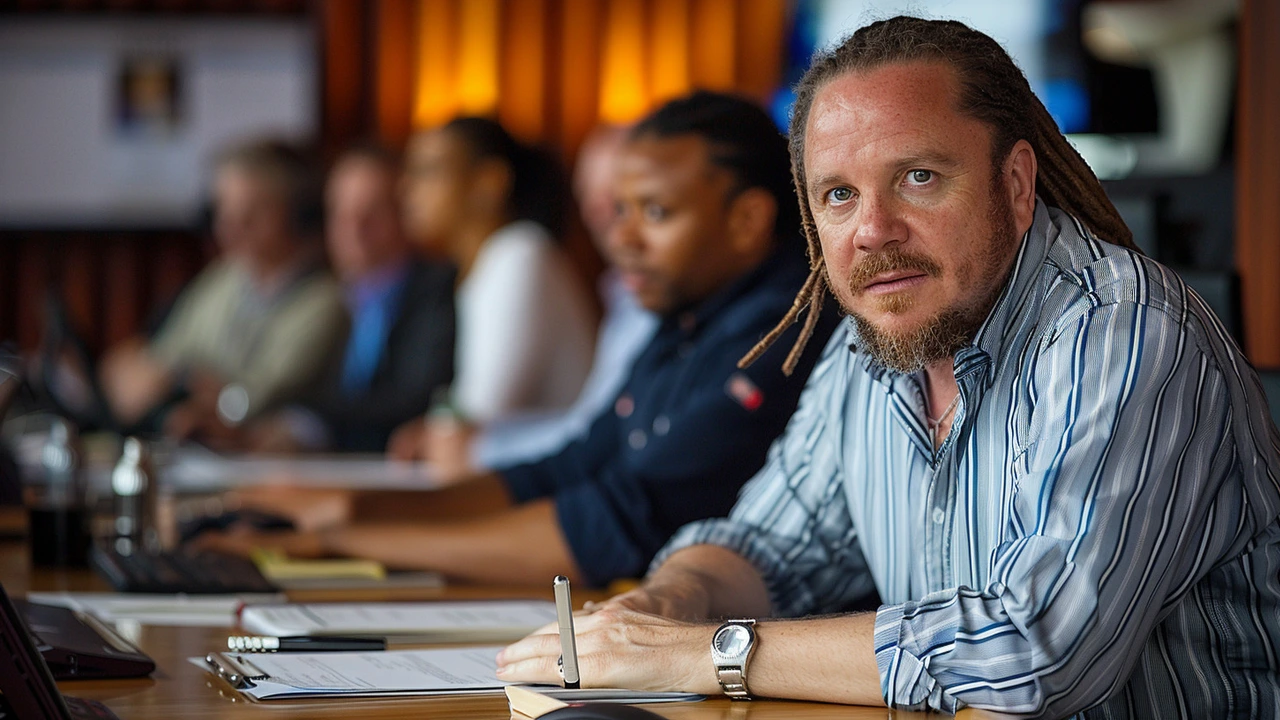
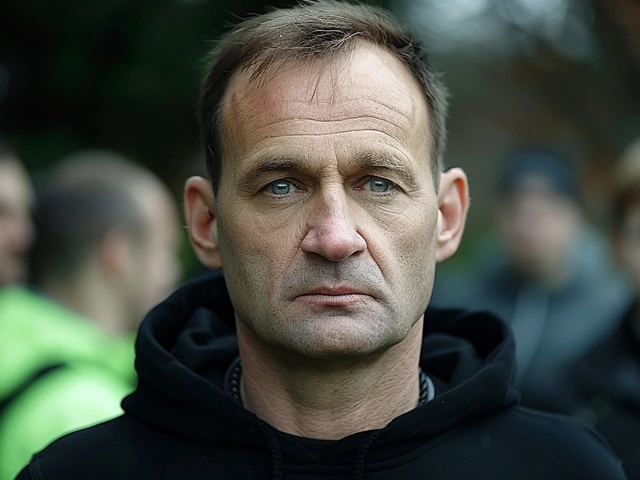
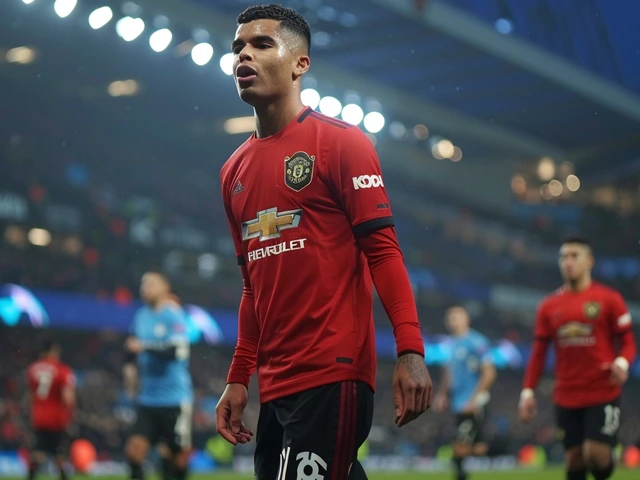

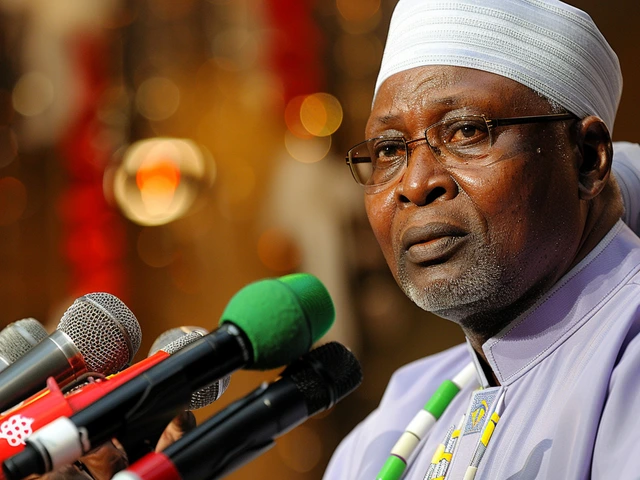

Daisy Pimentel
June 20, 2024 AT 21:00We cannot tolerate hate speech from anyone, especially elected officials.
Ellen Ross
June 20, 2024 AT 22:23The problem isnt just about a dusty old video; it's a symptom of a culture that lets elitist rhetoric slide. You see, when public figures hide behind "historical context" they actually reinforce the very hierarchies they claim to critique. It's defiantly lazy to pretend these words are harmless when they echo a past of oppression. We need stricter accountability, otherwise the cycle continues unabated. And yes, the DA's response is a useful PR move but doesn't fix the underlying moral decay.
Fabian Rademacher
June 20, 2024 AT 23:46What the Equality Court is really testing is the hidden agenda of globalist elites who want to silence any dissent that doesn't fit their narrative. They cloak their power in the language of "human rights" while quietly reshaping societies to serve their own interests. Every time a politician is called out, you hear the same whisper: "It's just a video, let it go." But that's exactly the point – the video is a breadcrumb leading to a larger pattern of covert manipulation. The SAHRC may look like an impartial watchdog, yet its funding streams trace back to organizations with a vested interest in controlling public discourse. If you follow the money, you'll see why certain cases are pursued with zeal while others are ignored. The DA's swift suspension feels like a staged performance, designed to convince the public that they care, while the real power brokers watch from the shadows. This is how they maintain control: by presenting a veneer of accountability without any real change. The accusations of hate speech are used as a pretext to blackmail politicians into alignment with a global agenda. Those who speak out against this silencing tactic are labeled as "racist" or "bigoted," a classic gaslighting move. Even the language in the legislation is crafted to be so broad that it can be applied to any dissent under the guise of equality. The public, lulled by headlines, fails to see that the court could become a tool for political engineering. The notion that this case will set a precedent for justice is comforting, but it might just set a precedent for more surveillance and control. Remember, the architects of these laws are the same people who benefit from a compliant populace. So when you read about "justice" being served, ask yourself who truly profits from that outcome. The truth is hidden behind a smokescreen of legal jargon, and only those willing to look beyond the surface will see the real game being played. In the end, if the system continues unchecked, the next target won't be an MP, but any citizen brave enough to question the narrative.
Terrell Mack
June 21, 2024 AT 01:10Seeing this debate unfold reminds us how important it is to keep our standards high for public officials. It's good that the DA acted quickly; it shows they take their responsibilities seriously. The legal process will give us clarity, and whatever the outcome, it sends a clear message about zero tolerance for hate. Let's stay supportive of constructive change and keep the conversation focused on solutions.
Dawn Waller
June 21, 2024 AT 02:33Wow!!! Another "historic" scandal pops up???. The irony of calling this a "step forward" while clutching onto old prejudices is just deliciously absurd!!!